Last July 17, the Republic of Korea has officially become the first Asian country to associate with Horizon Europe, the EU’s multibillion research and innovation programme. Korean researchers and organisations can now participate in several areas of the programme on equal terms with those for EU Member States.
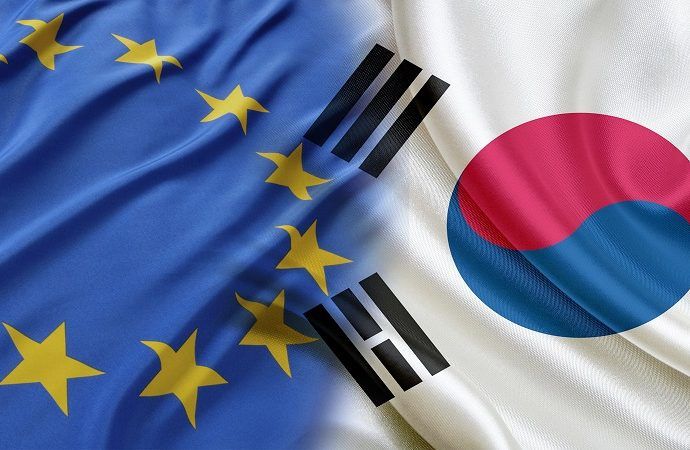
They will be able to join and lead international research consortia, access funding and collaborate with leading research institutions across Europe and beyond to tackle global challenges. The Republic of Korea will also contribute financially to the programme’s budget.
This association agreement strengthens the EU’s geopolitical alliance with like-minded countries. The association will lead to greater opportunities for deepening joint research across continents in many fields, such as digital transition, health, and technological innovation aiming at carbon neutrality.
Since 1 January 2025, under the transitional arrangement, Korean entities have been able to apply and be evaluated as prospective beneficiaries in Horizon Europe proposals for all calls implementing Pillar II already in the budget 2025.
Background
Horizon Europe, with a budget of €93.5 billion for 2021-27, is the EU’s key funding programme for research and innovation. It tackles climate change, supports the UN’s Sustainable Development Goals and boosts the EU’s competitiveness and growth. Pillar II, the largest collaborative part with a budget of €52.4 billion, to which Korean researchers have access on equal terms now, focuses on shared global challenges such as climate, energy, digital economy and health.
Other pillars, including Excellent Science and Innovative Europe, along with the Marie Skłodowska-Curie Actions for doctoral education, postdoctoral training and collaborative research, remain open to Korean organisations and researchers. The Commission and the Government of the Republic of Korea successfully concluded the negotiations for association of the Republic of Korea to Pillar II of Horizon Europe programme in September 2024.
As of today, 19 countries are associated, either based on their membership of the European Economic Area (EEA); or as acceding countries, candidate countries and potential candidates; as European Neighbourhood Policy (ENP) countries; or as other third countries and territories that fulfil a set of criteria related to their economic, political and research and innovation systems.
More information: European Commission

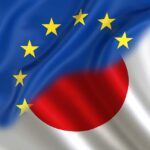
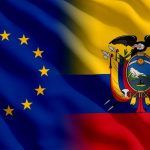
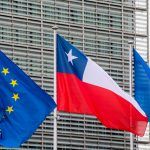
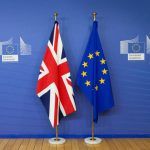
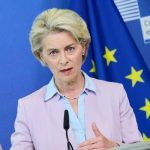
Leave a Reply